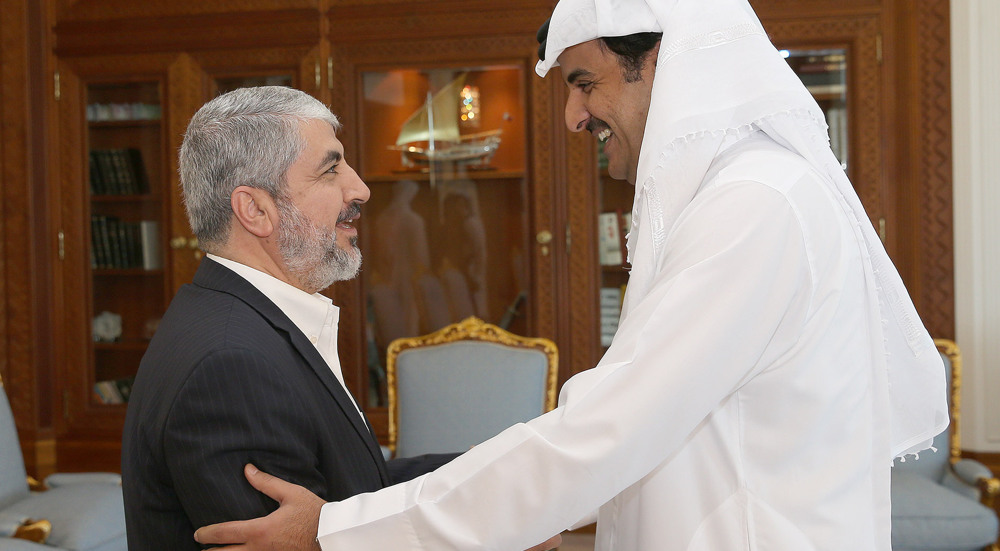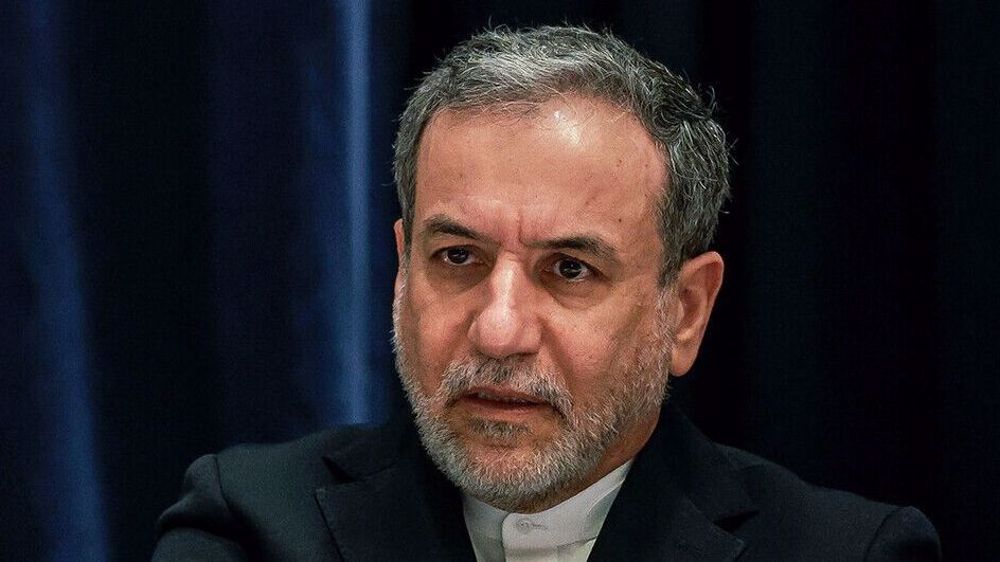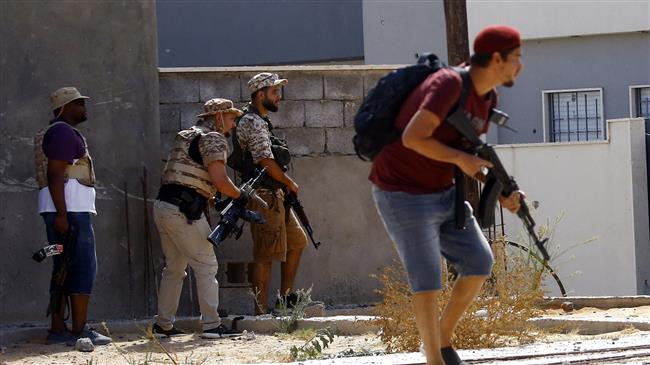UNGA 2019: Qatar, Egypt leaders butt heads over Libya
The leaders of Egypt and Qatar have traded accusations of backing rival groups in Libya, during their speeches at the United Nations General Assembly (UNGA).
Addressing delegates and world leaders at the UNGA in New York on Tuesday, Egyptian President Abdel Fattah el-Sisi called on all countries to help stop the conflict in Libya.
Libya has been plagued by chaos since 2011, when a NATO intervention in the country’s popular uprising led to the ouster of long-time dictator Muammar Gaddafi and his execution by unruly fighters. Since then, Libya has been divided between two rival camps, one located in the east and the other in the west of the country and each backed by an array of militias.
Sisi’s government, along with the United Arab Emirates (UAE) and Saudi Arabia, supports renegade general Khalifa Haftar from the eastern camp, as opposed to the country’s internationally recognized government, in the west.
Despite that support, Sisi said in his speech at the UN that world leaders needed to “prevent the intervention of external actors in Libya’s internal affairs.”
“This conflict needs to be stopped,” Sisi said. “It is time to take a bold and decisive stand to address the root causes of the Libyan crisis comprehensively, and [that] can be achieved by fully committing to the United Nations plan.”
He noted the significance of “identifying all national institutions in order to save our dear neighbor from the ensuing chaos by militias.”

Also addressing the UNGA on the same day, Qatar’s Emir Sheikh Tamim bin Hamad Al Thani said, “Certain countries… [are] supporting warlords and terrorist militias for their narrow interests against the legitimate government” in Libya.
He also accused Haftar’s militia of carrying out war crimes with impunity and with the support of countries undermining Libya’s internationally recognized government.
“The latest military operations [by Haftar] on the capital, Tripoli, have thwarted the holding of the comprehensive Libyan national conference,” he said, referring to peace efforts brokered by the UN.
Last month, UN Libya Envoy Ghassan Salame unveiled plans for an international Libya conference to bring together rival groups and foreign powers.
Haftar’s militia launched the offensive on Tripoli on April 4 in an unsuccessful attempt to take the capital from the government of Prime Minister Fayez al-Sarraj.
The ground offensive, supported by airstrikes, is being carried out with the use of foreign weapons and funding, Sarraj said in New York on Monday.
The seven-month offensive has so far displaced over 120,000 people in Tripoli alone.
“About 3,000 people were killed, thousands were injured, and hundreds of thousands displaced. Hundreds of civilians have been killed and many more injured,” Sarraj said.
UN Secretary-General Antonio Guterres has previously warned that Libya could end up in “full civil war” unless “action is taken in the near term.”
The important of Venezuela for Iran
Iran beats traditional rival Russia in freestyle and Greco-Roman wrestling friendly
Rape trials trigger protests against French ‘sexist and misogynistic’ culture
US photographer opens Berlin exhibition with anti-Israel speech
VIDEO | Press TV's News Headlines
VIDEO | US 'non-profit killer’ bill targets pro-Palestinian groups
Explainer: How Yemeni military chased away US aircraft carrier from Red Sea?
French march for women of Palestine














 This makes it easy to access the Press TV website
This makes it easy to access the Press TV website